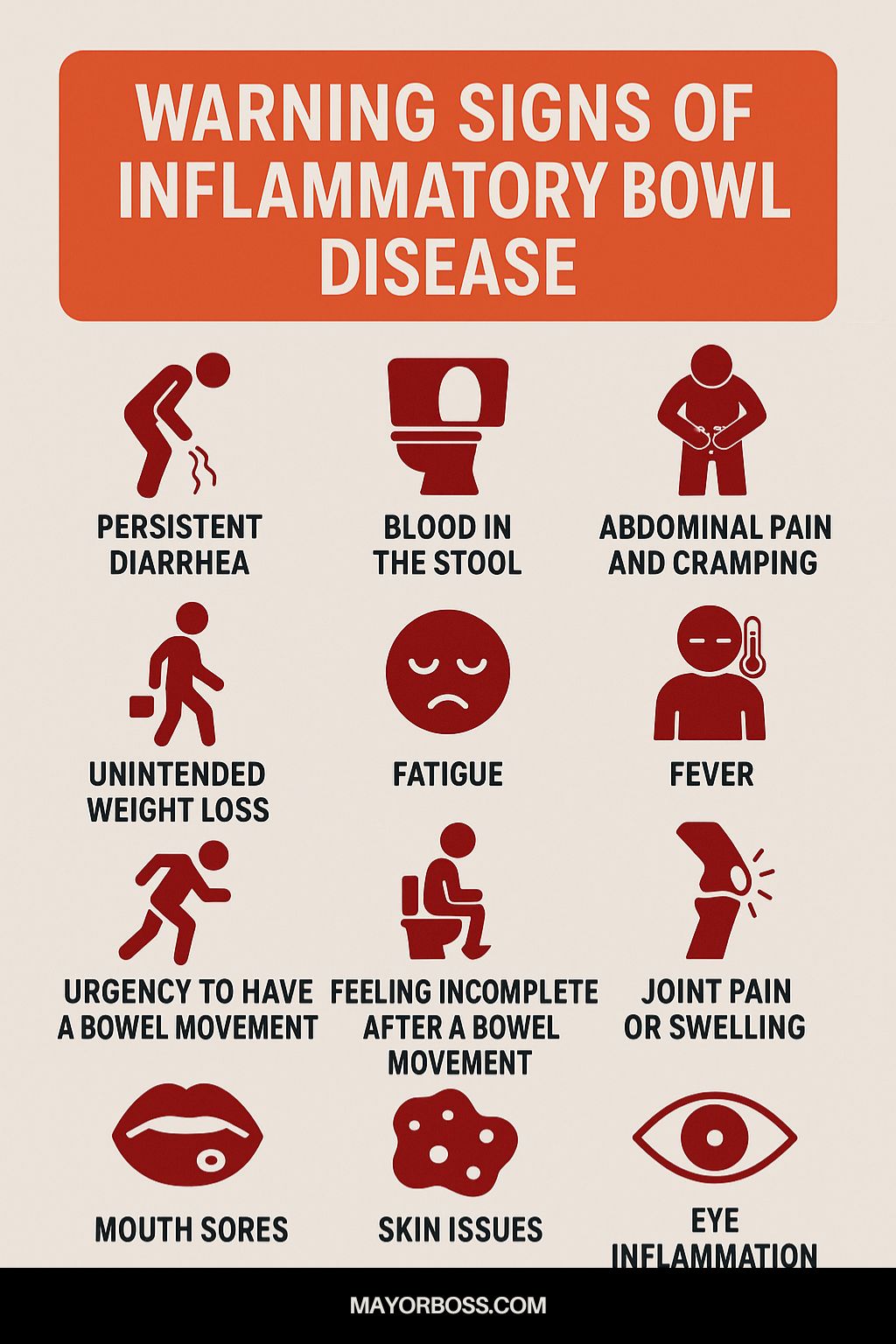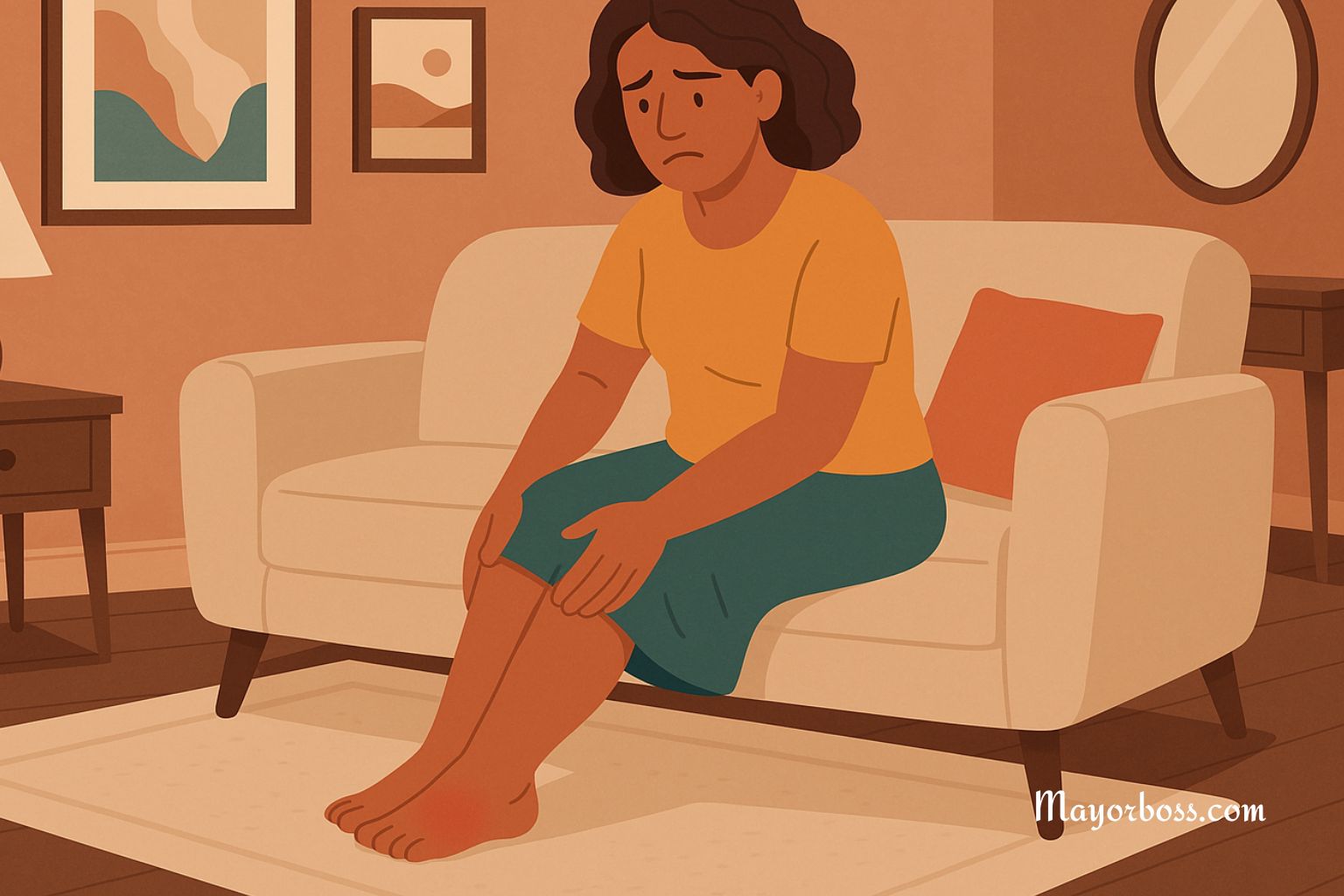6 Symptoms of Low Vitamin D You Shouldn’t Ignore
Vitamin D, often nicknamed the “sunshine vitamin,” is crucial for your health. It plays a vigorous role in absorbing calcium, supporting bone health, and influencing your immune system. Yet, a surprising number of people have low levels of vitamin D, especially in areas with long winters or for individuals who spend a lot of time indoors. Thus, recognizing the signs of vitamin D deficiency is the major action in preventing complications that can impact your health significantly. Let’s delve into the symptoms you shouldn’t ignore and how you can address this deficiency.

Unusual Fatigue and Tiredness
Feeling tired can result from many factors, but when you can’t pin down a reason, vitamin D deficiency might be the cause. Research suggests that low levels of vitamin D can lead to feelings of exhaustion that aren’t relieved by sleep. If you’re constantly feeling tired despite resting well, it might be worth checking your vitamin D levels.
Bone and Back Pain
Vitamin D’s role in calcium absorption, which directly impacts bone health, is well-known. A lack of vitamin D can lead to bone pain and lower back discomfort. Many adults dismiss back pain as a part of aging or due to physical strain, but if it’s persistent, low vitamin D levels could be the underlying issue.
Mood Changes, Specifically Depression
There’s a fascinating link between vitamin D and mood. Vitamin D receptors in the brain play a part in the synthesis of serotonin and dopamine, neurotransmitters that influence mood. Researchers have acknowledged that low levels of vitamin D are associated with a higher probability of depression. If you’ve noticed a shift in your mood or are experiencing unexplained sadness, vitamin D deficiency might be a factor.
Poor Wound Healing
Slow healing of wounds after a cut, surgery, or injury could also indicate a deficiency in vitamin D. Vitamin D is involved in the production of compounds necessary for forming new skin as part of the wound-healing process. An adequate level of vitamin D may help reduce inflammation and enhance immune function, contributing to more efficient healing.
Muscle Pain
The cause of muscle pain can be tricky to pinpoint, but there’s evidence to suggest vitamin D deficiency could play a role. Vitamin D supplements have been shown to reduce pain in individuals low in vitamin D, indicating a direct link. If you’re experiencing unexplained muscle pain or weakness, it could be a sign to get your vitamin D levels checked.
Frequent Illness or Infections
Do you find yourself catching colds or infections more often than others? Vitamin D is primary for a healthy immune system. It enhances the pathogen-fighting effects of monocytes and macrophages — white blood cells that are necessary components of your immune defense — and decreases inflammation. Frequent illness can be a sign your body is lacking in vitamin D.
How to Address Vitamin D Deficiency
Fortunately, addressing vitamin D deficiency is relatively straightforward:
- Spend time in sunlight: Just 10-30 minutes of midday sunlight, several times a week, can help boost your vitamin D levels. Be mindful of sunscreen use, as it can block vitamin D synthesis.
- Eat vitamin D-rich foods: Include foods like fatty fish (salmon, mackerel, sardines), egg yolks, and fortified foods (milk, orange juice, cereals) in your diet.
- Consider supplements: If you cannot get sufficient vitamin D from sunlight and diet alone, supplements can effectively increase your levels.
When to See a Doctor
If you’re experiencing any of the symptoms mentioned, especially if they persist, you should always seek out immediate medical attention. They can perform a simple blood test to check your vitamin D levels and recommend appropriate treatment options if you’re deficient.
FAQs
1. Can vitamin D deficiency affect weight loss? Yes, some studies suggest that low vitamin D levels can interfere with weight loss efforts. Vitamin D might play an important role in energy balance and fat storage.
2. How long does it take to correct vitamin D deficiency? The duration to correct a vitamin D deficiency depends on the severity of the deficiency and how you address it. Improvements can be seen as quickly as a few weeks with supplementation, but it might take several months for levels to fully normalize.
3. Can too much vitamin D be harmful? Yes, while vitamin D is essential, too much can lead to toxicity, causing symptoms like nausea, vomiting, weakness, and serious complications like kidney damage. It’s important to follow recommended guidelines and consult with a healthcare provider before taking high doses of vitamin D supplements.






